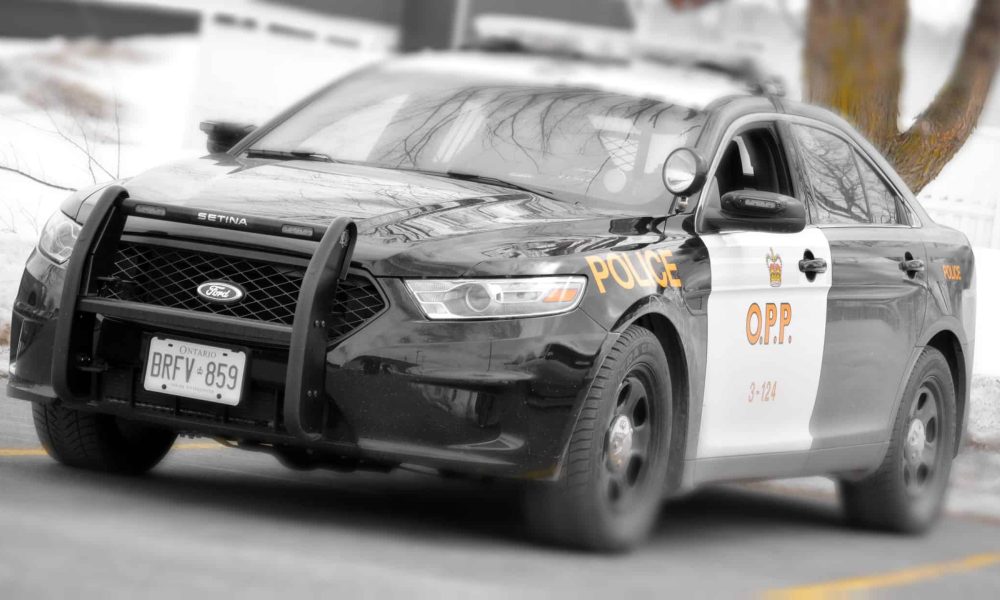
Overview
This page contains information about use of the "Driving (or care or control) not proven" defence for various criminal charges in Canada. It was written and prepared by experienced criminal defence lawyers in Toronto but does not consist of legal advice.
What”Driving or Care or Control Not Proven” Means
It has not been proven that the accused was driving or in care or control of a conveyance (a conveyance is defined as a motor vehicle, an aircraft, a vessel or
railway equipment).
For any case in which you are charged with a driving offence (including a drinking and driving related offence, driving while impaired by drug, dangerous driving, failure to stop after accident, flight from police and driving while prohibited) the judge or jury has to be satisfied beyond a reasonable doubt that you were either driving or in care or control of a motor vehicle.
For example, for an impaired driving case, even if there is no doubt that your ability to drive was impaired by alcohol or a drug, the Crown may not be able to prove beyond a reasonable doubt that you were driving or in care or control.
Two common scenarios where this defence would be raised are:
Scenario #1: Driving has not been proven.
This scenario could arise in circumstances were there was a motor vehicle collision but no witnesses can reliably identify who was driving the vehicle. Consider for example, a single motor vehicle collision that no one witnessed and by the time the police arrive on the scene, there is no one in the vehicle. Or consider an allegation of failure to remain at the scene of the accident where a witness calls the police and reports the licence plate of the vehicle involved. The police show up at the registered owner’s address and arrest the owner of the vehicle but the Crown cannot prove that the owner was driving the vehicle when the accident occurred.
Scenario #2: Care or Control has not been proven.
Many people are surprised to learn that they can be found guilty of a driving related offence, simply because they were in a motor vehicle, even though they were not actually driving. For example, consider a scenario where the police are called to investigate someone who is observed to be asleep in the driver’s seat of their car. The police arrive and see you asleep or passed out in your car. They knock on the window and wake you up. After speaking you, the police smell an odour of alcohol on your breath, notice some signs of impairment and see that the car keys are in the ignition and the engine is on. You are charged with impaired operation of a conveyance even though no one ever saw you driving.
In this scenario, because you were observed to be in the driver’s seat, the presumption contained in section 320.25 of the Criminal Code applies which deems you to be in care or control unless you can establish that you did not occupy the driver’s seat for the purpose of setting the vehicle in motion. In order to successfully raise the defence that you were not in care or control, you would have to prove on a balance of probabilities that when you sat in the driver’s seat, you did not intend to move the vehicle. If you successfully rebut the presumption, the Crown could still prove the charge against you if they can prove beyond a reasonable doubt that your conduct in relation to the vehicle created a realistic risk of danger. For example, that there was a realistic risk that you would accidentally set the vehicle in motion or that you would change your mind and decide to drive, even if that had not originally been your intention.
Important to Note
If the arresting police officer had reasonable and probably grounds to believe that you were driving or in care or control of a motor vehicle while impaired or with a blood alcohol concentration over the legal limit and made a valid breath demand, you can still be found guilty of refusing to provide a breath sample, even if the Crown does not prove beyond a reasonable doubt that you were driving or in care or control.
Charged with a Criminal Offence? Get Every Defence.
Do not plead guilty without discussing your case with a lawyer. Many criminal offences have mandatory minimum sentences and a conviction will often result in a lengthy jail sentence. Being found guilty may result in negative employment, immigration and personal consequences to you and your family for years to come.

